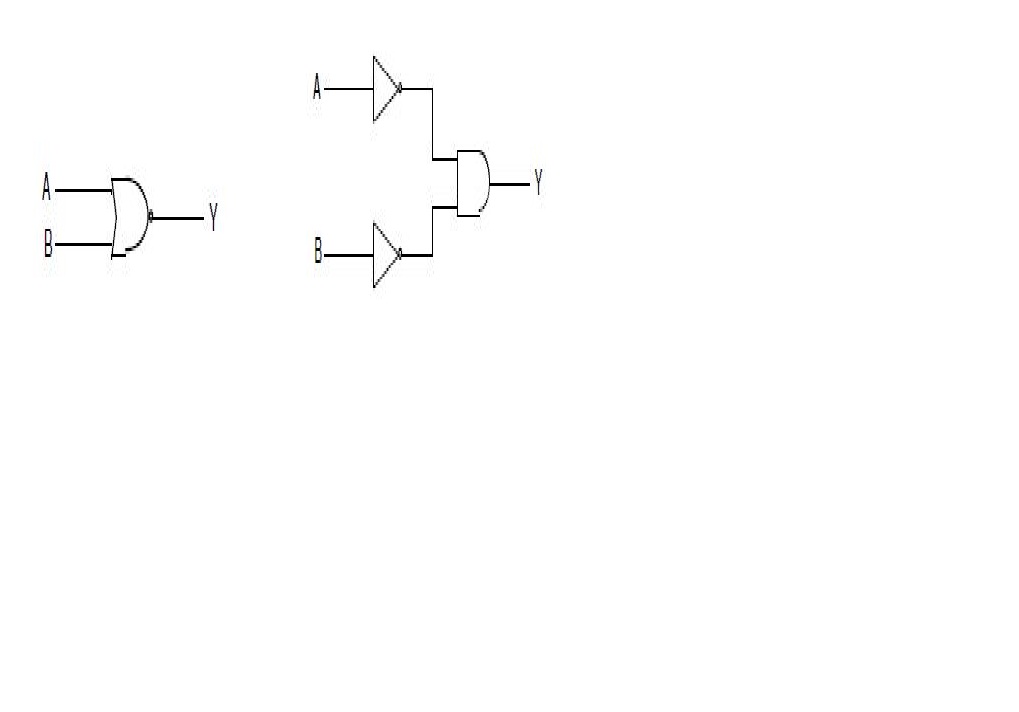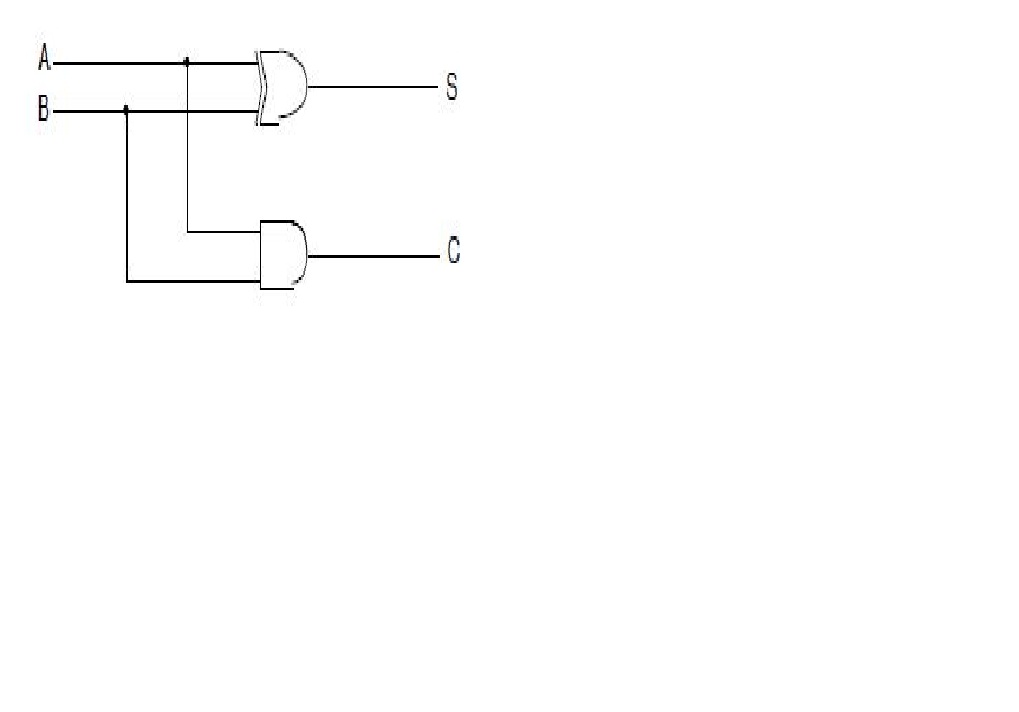ECE :: Digital Electronics
- Which of the following shows the equivalence of DeMorgan's first theorem
- Which of the following Signed Binary Number is equal to -8
- If the input to T-flipflop is 100 Hz signal, the final output of the three T- flipflops in cascade is
- For which of the following code all successive numbers differ from their preceding number by a single bit
- Which of the following gates are required to build a half adder
- Which of the following is the simplified Boolean algebra version of (x+y)(x+z)
- For which of the following the speed of conversion is maximum
- By using ________, The data can be changed from special code to temporal code


 Whatsapp
Whatsapp
 Facebook
Facebook



